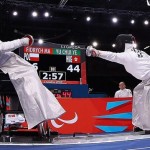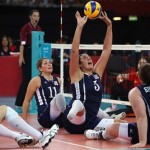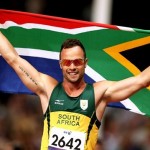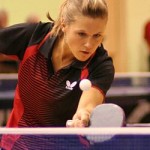
Most of you probably watched the Olympics this summer. Or, if you’re like me, you spent many days in front of NBC, slowly becoming a couch potato while watching the greatest athletes in the world. However, something that NBC generally doesn’t show but that I was determined to watch was the Paralympics (which ended in London today).
The Paralympics, as you may know, are for athletes with disabilities (though that word is kind of problematic). What you may not know is all the different classifications for different types of impairments, or that there are different sports for different types of bodies and some where they compete together. There are some sports that are only in the Paralympics, not in the Olympics at all.
There is crossover with the Olympics of course, in terms of sports. For instance, they


There was also crossover between the Olympics and the Paralympics with regards to a two athletes: Oscar Pistorius of South Africa and Natalia Partyka of Poland. Perhaps you would be glad to know that though Pistorius the “Blade Runner” didn’t medal in the Olympics, he won the men’s 400m T44 event in the Paralympics and made history by being the first double amputee to run against able-bodied runners in the Olympics (plus he holds a special place in my heart just by being from South Africa, where I studied abroad). Partyka, who didn’t get nearly as much coverage as Pistorius on NBC, actually competed in the Beijing Olympics and Paralympics as well and won gold in the 2012 Paralympic in singles table tennis. She was the youngest Paralympian ever when she competed in her first games in Sydney at age 11!

Another fun fact: the US didn’t do nearly as well in terms of medal count in the Paralympics than in the Olympics, ending up with 98 medals (4th in the overall medal count, 6th in number of golds). Maybe we spend a lot more resources on able-bodied athletes than paralympians. The Paralympics also have a really interesting history, and since certain sports don’t cater for all types of people, there’s actually quite a history of athletes who have competed in both games. In any case, these athletes are truly amazing and inspiring, often overcoming many many obstacles, and I hope you check some of the footage out: Official Paralympic Website and London 2012.
